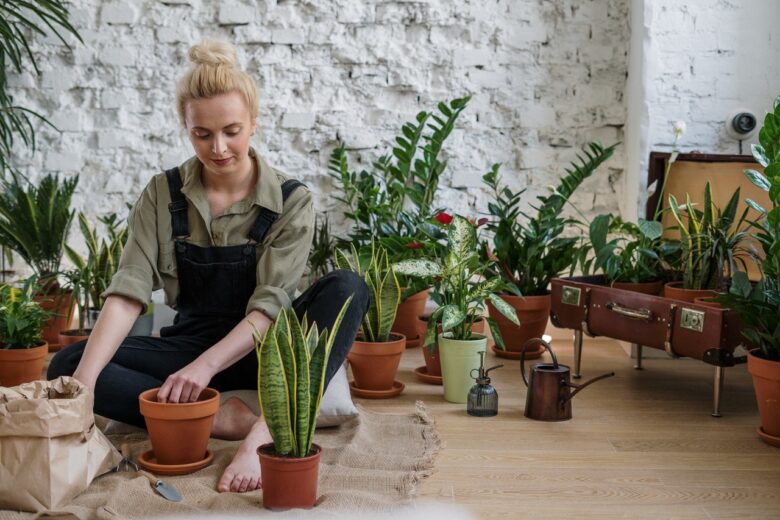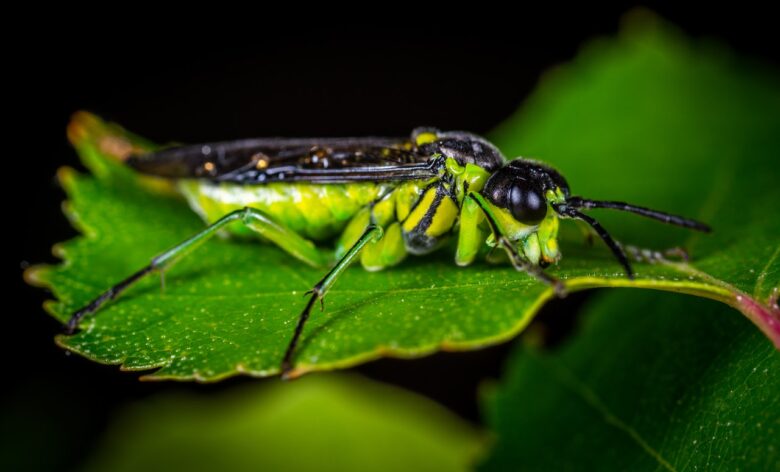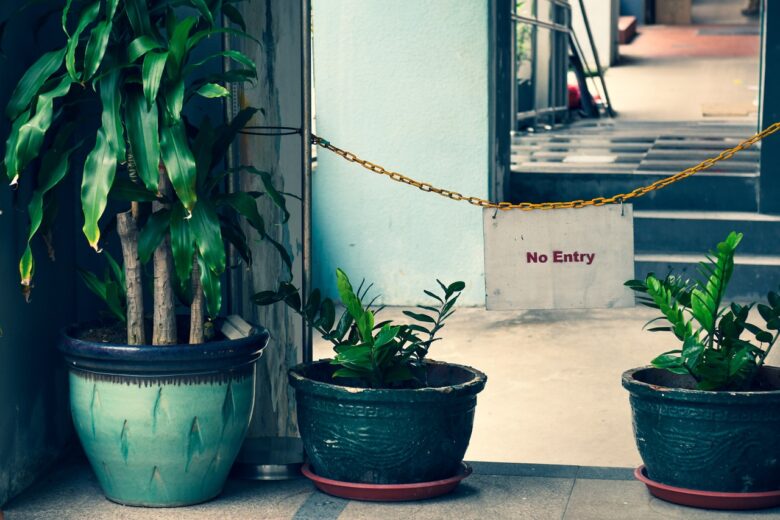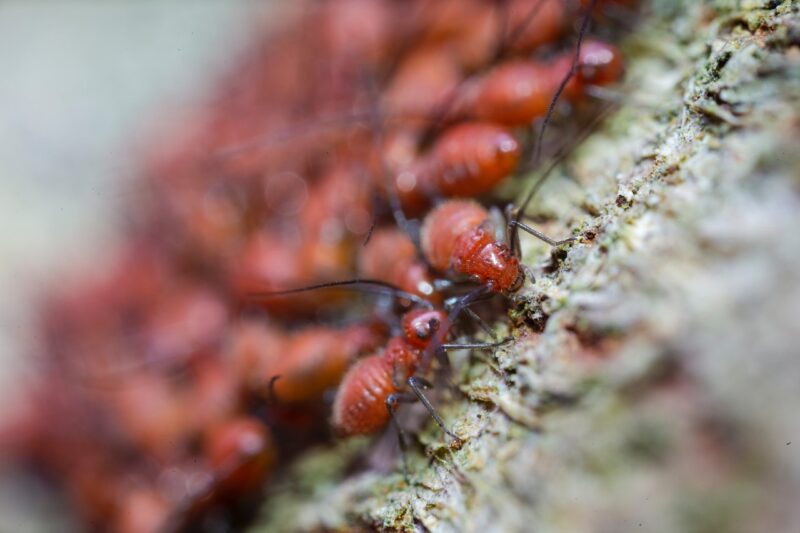Who doesn’t love a good houseplant? Houseplants add a great variety of color to the home and they help the house feel more alive. They’re something that a lot of people want in their home, but houseplants aren’t always as easy to take care of as you might think they should be. Unfortunately, many people find that their house plants have a short lifespan under their care.
But did you know that a big culprit of your house plants dying might have nothing to do with you? Sometimes the biggest reason your house plants are dying is because of pests.
According to almanac.com most houseplant pests are extremely tiny, so it’s possible that these pests have been attacking your plants for a while without you even noticing. But honestly, enough is enough. It’s time to give your houseplants their best shot. From purchasing the right plant to hiring pest control services, we’ve got your best tips for preventing houseplant pests.
Pro Tip: Start Healthy

Now, before we really get into how you can prevent houseplant pests in your home, let’s touch on possibly the most important thing that can give your houseplants their best opportunity for survival: buying a healthy plant to begin with.
See, even if you take every measure you can think of to prevent pests from destroying your houseplants in your home, the fact is, if your plant isn’t healthy when you buy it, it will continue to be unhealthy and have pests the entire time you own it. And if that happens, no amount of pest control services will keep the pests off your plants.
So when you’re at the store looking for a plant, check the available plants thoroughly. A plant is obviously sick when much of it is discolored, spotty, or wilted. Even if these sick plants don’t have pests on them, they are more likely to attract pests because they are sick. A plant that is clearly unwell is not one you should bring into your house.
There are also plants that have less obvious problems, and those problems are often pests. When you’re checking a plant for pests, don’t just give it a quick glance over. You will need to check the soil, stems, and especially the leaves. When you check the leaves, look underneath them because many houseplant pests congregate on the bottom of leaves, not the top. If you check a plant thoroughly and don’t find any sickness or pests, then it’s probably a good plant to take home with you.
How to Prevent Houseplant Pests

Now that your plants are home, it’s time to start making sure your home pest control is in good shape. It’s always a good idea to set aside new plants for a few days until you’re sure you didn’t miss any pests on them. This will protect any plants already in your home. But that’s just the beginning of protecting your houseplants.
1. Check Plants for Pests Regularly
Even if you’ve had your house plants for a long time, you still need to check them for houseplant pests often. Houseplant pests can show up almost out of nowhere, and you don’t want to risk your plants dying because you thought there were no pests in your home that could hurt them.
If you aren’t quite sure what you should be looking for when you’re checking for pests, here’s how to identify a few common houseplant pests:
- Aphids – usually found in clusters under leaves or near the stem. Can be green, red, or brown in color and can be seen with the naked eye.
- Mealybugs – difficult to see with the naked eye, but can be identified when cottony lumps show up on the stems of your plant.
- Scale – small brown specks lining the stems of your plant. Can be easily scraped off with your fingernail.
- Spider mites – typically too small to see with the naked eye, but evidenced by the presence of webbing on your plants.
If you are checking your plants frequently, you shouldn’t have problems with houseplant pests because you will catch any sign of them early enough to prevent major issues. Knowing what to look for is the most important thing you can do to make sure your plants are protected.
2. Be Cautious With Outdoor Plants

You may have some plants that you like to move between outdoors and indoors. That’s fine to do, but you must be cautious while doing it. When bringing a plant inside after it’s been sitting outside for a while, check it just as thoroughly as you check plants at the store and quarantine it from other plants until you are sure it is pest-free. You may also want to try an organic plant-safe insecticide to make sure any pests are killed. After you’re sure the plant is pest-free, you can then place it around your other plants.
3. Keep Pest-repelling Plants
Some people like to keep both regular houseplants and pest-repelling plants together in their home. These plants can’t do as much as professional pest control services to keep pests away, but they can help keep some of the pests away. The nice thing about many pest-repelling plants is they can serve a dual purpose because many of them are herbs. For example, growing basil or garlic can discourage certain pests from bothering your other houseplants. And if you ever need a few leaves of these herbs in the kitchen, you’ll have them readily available.
4. Hire Pest Control Services
The day-to-day care of your house plants will be a huge factor in how safe they are from houseplant pests. However, you should use all the help you can get to make sure your plants are as safe as possible. That’s when you should turn to pest control services. Professional pest control services can be very useful to you as a plant owner because they can make sure that no unwanted pests are coming into your home in the first place. They can also help get rid of infestations in your home.
You won’t, of course, want professional pest control services to treat your plants directly. Their treatments are intended for homes and yards but not for direct application on plants. If they can keep pests from getting to your plants in the first place, it will make your life easier and give you much less to worry about.

